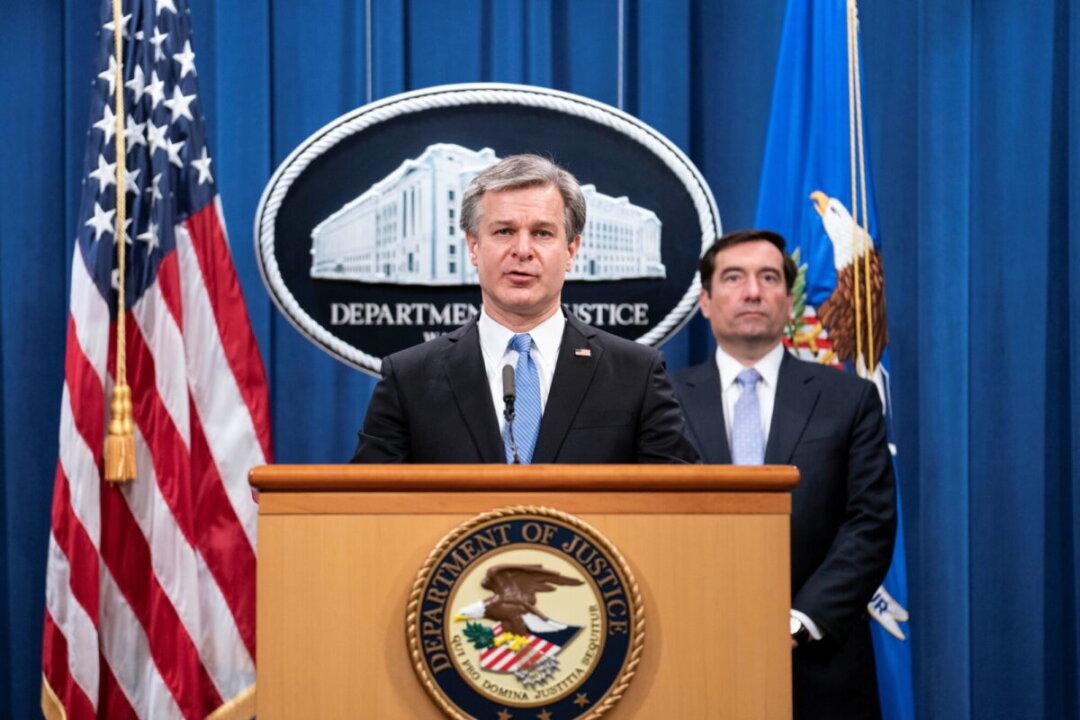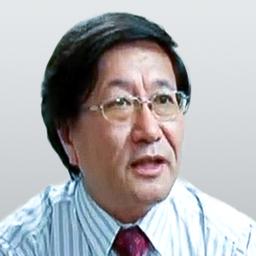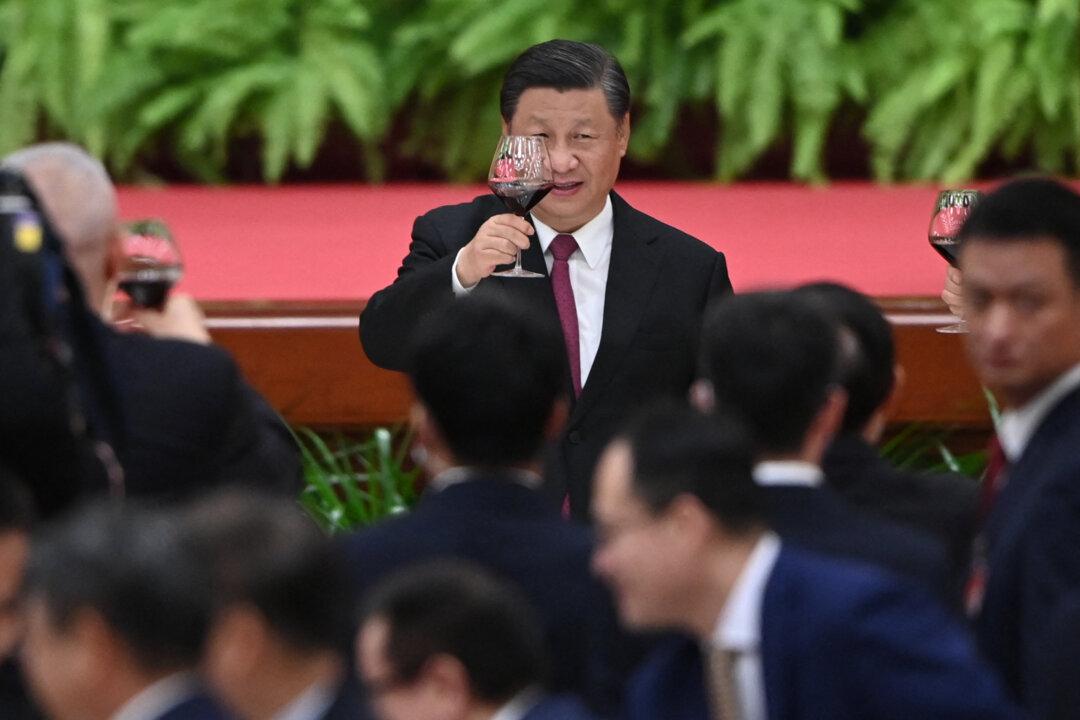Commentary
Two years ago, U.S.-China relations started to deteriorate significantly. The Chinese Communist Party (CCP) has always blamed former President Donald Trump for the deterioration, especially on topics such as the cold war and U.S.-China friendship. There is one issue, however, that the CCP has never mentioned: the dispute over China stealing U.S. technology secrets.





